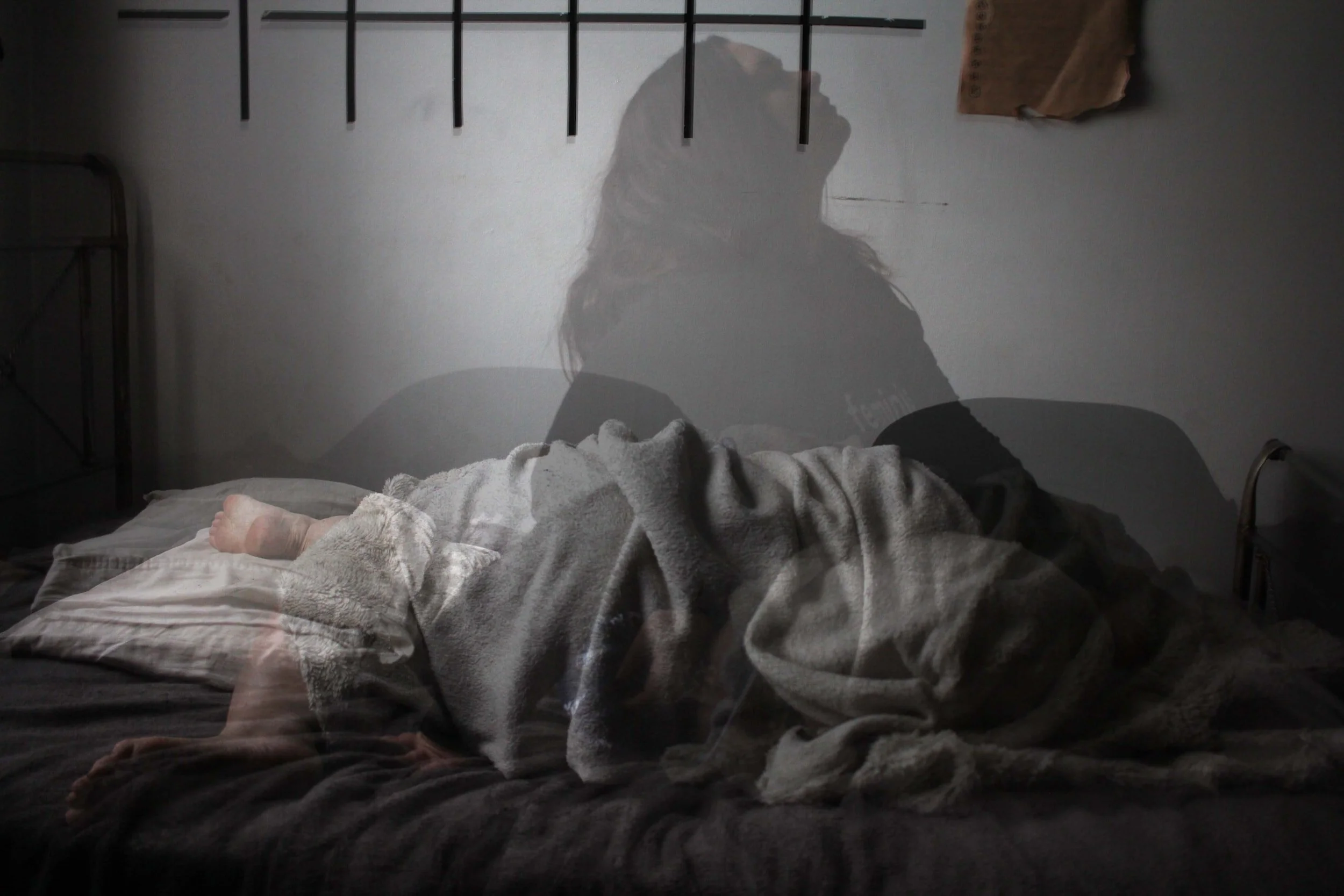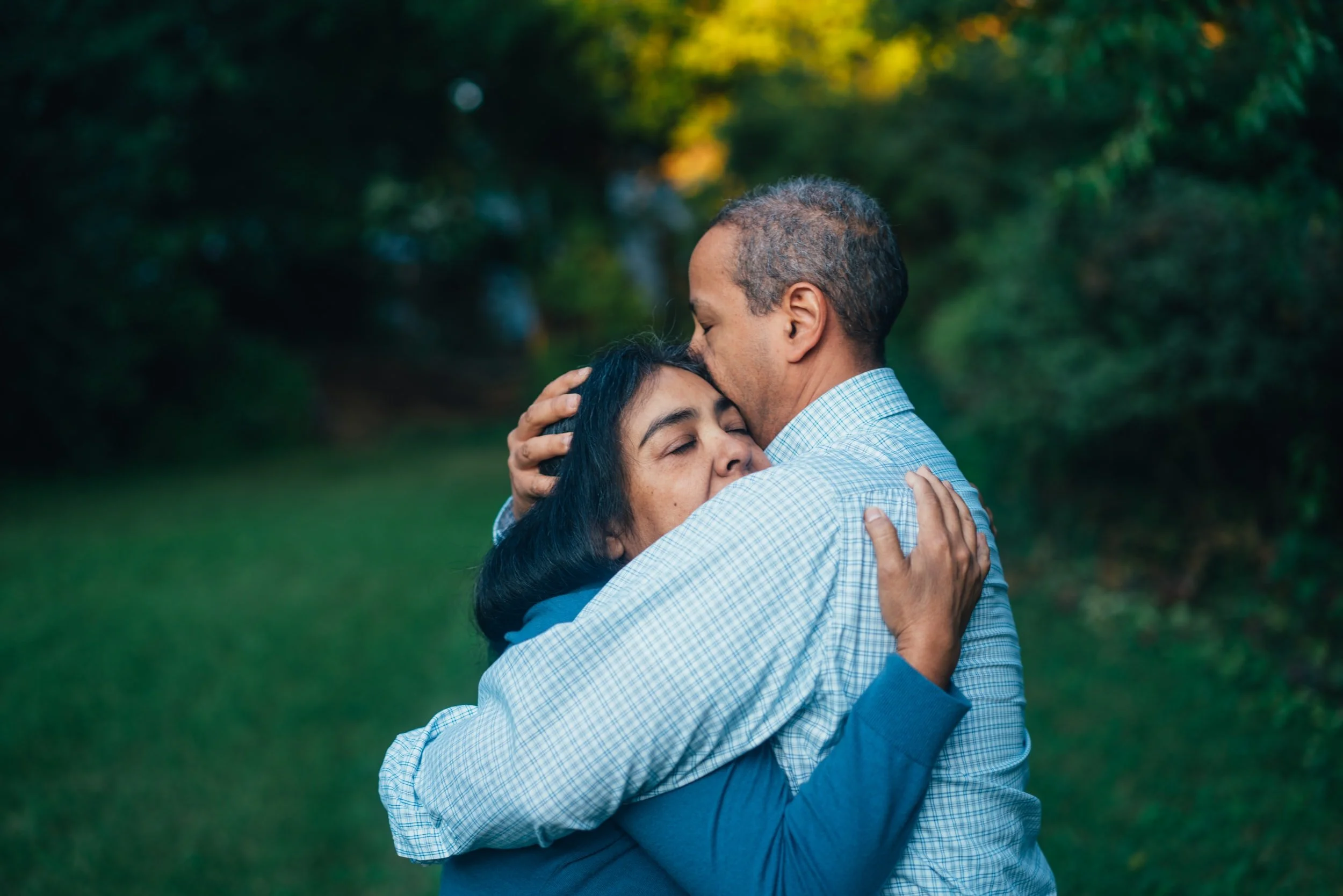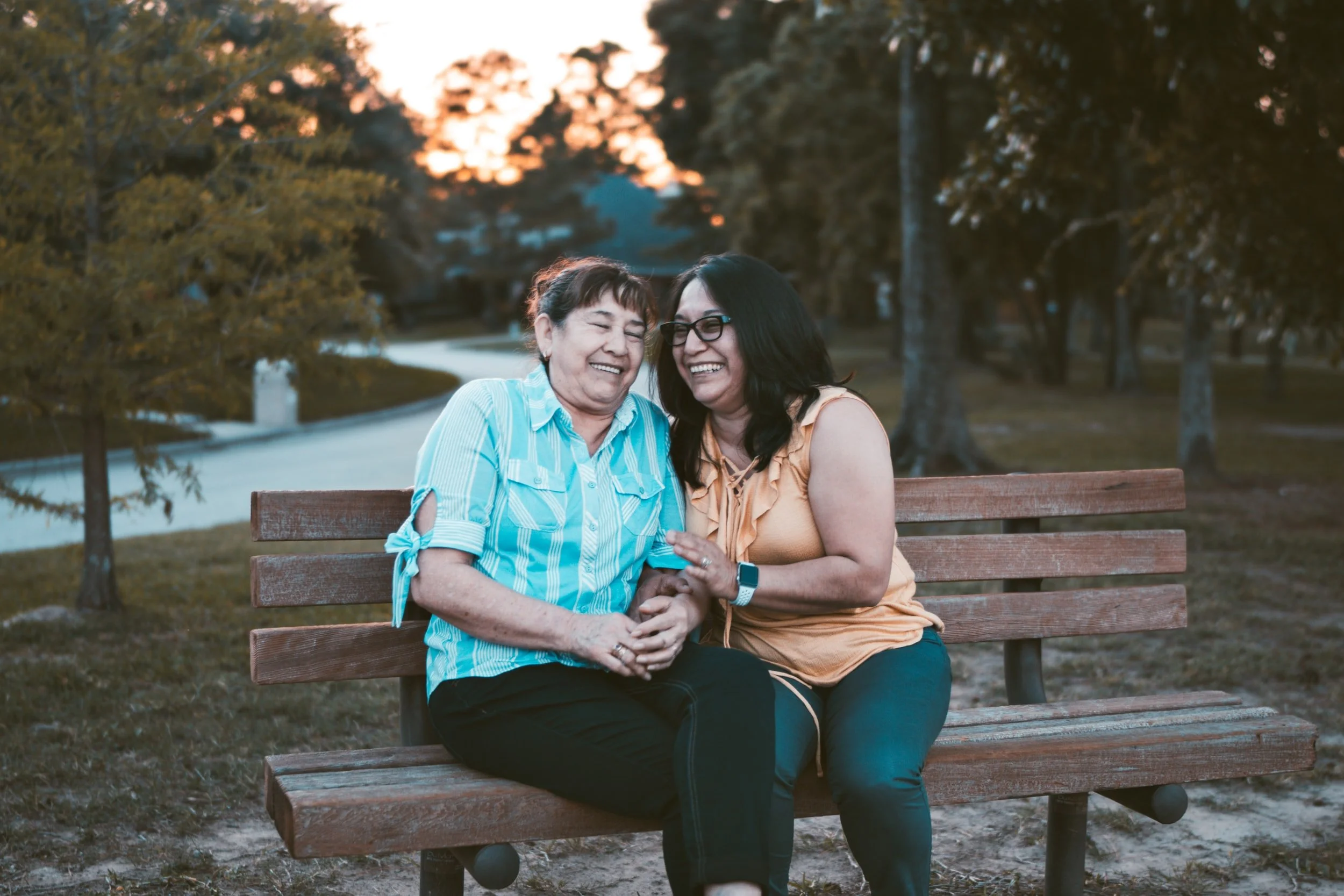When you think about someone experiencing trauma, incidents such as a violent or sexual assault or a terrible car accident might come to mind. Those are very traumatic and are more obvious trauma experiences, but there are also other, subtler forms of trauma that can negatively affect our lives and hinder our relationships. These sometimes go under the radar or get dismissed because they are more subtle.
Emotional trauma is often overlooked and minimized, and we may think we’ve “gotten over” some emotional pain that we’ve simply buried, and not dealt with. A break up, being passed over for a promotion at work, or even a simple but negative childhood experience can cause emotional trauma. Read on to see if you recognize any of these four subtle signs of trauma in yourself.












